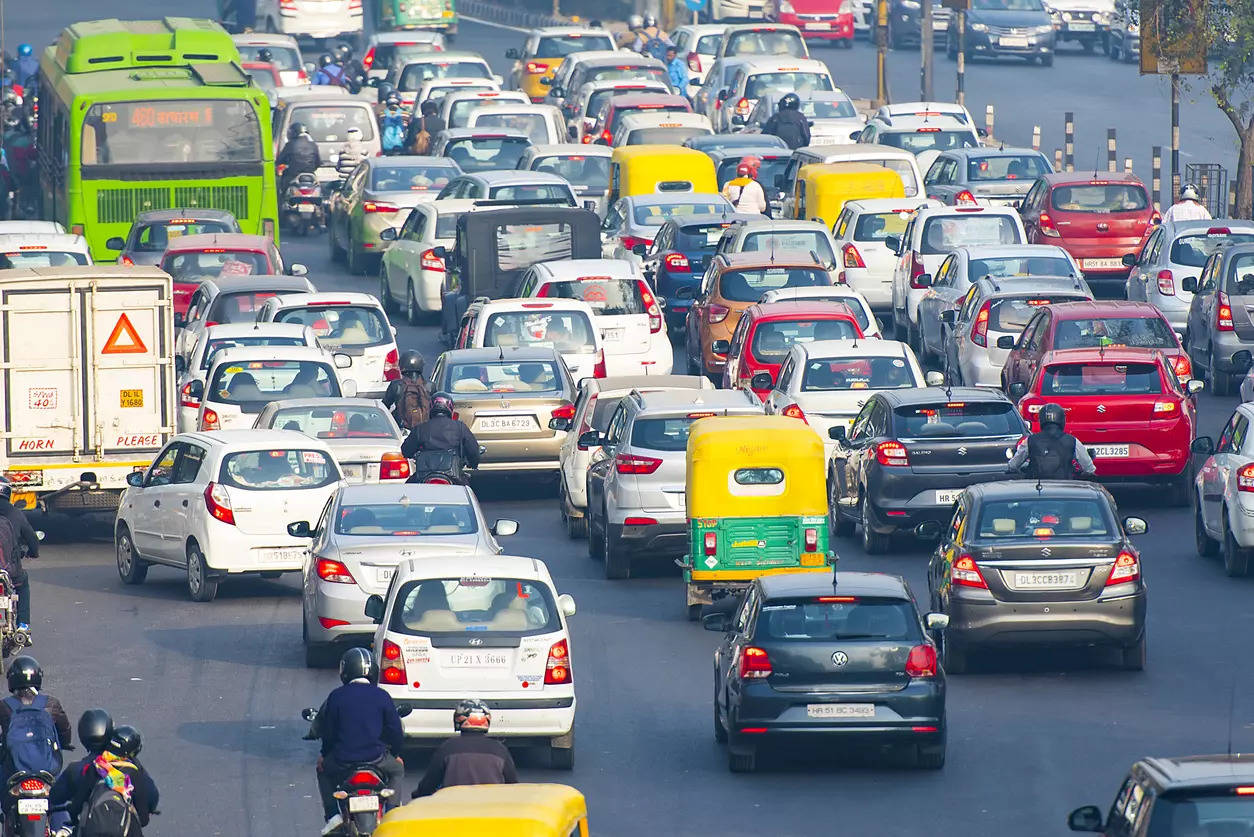
The Federation of Automobile Dealers Associations (FADA) released vehicle retail data for November 2024, revealing mixed performance across segments. While two-wheelers, three-wheelers, and tractors saw year-over-year growth, passenger vehicles and commercial vehicles experienced declines. FADA President C.S. Vigneshwar attributed the subdued performance to several factors, including underperforming marriage season sales, the late Diwali festival, and economic headwinds. The outlook for December is cautiously optimistic, with expectations varying across segments.FADA’s Y-o-Y data revealed a 15.8% growth for two-wheelers, a 4.23% increase for three-wheelers, and a 29.88% rise for tractors. Passenger vehicles declined by 13.72%, and commercial vehicles saw a 6.08% drop.
“While November was initially expected to build on its prior momentum, particularly due to the marriage season, dealer feedback suggests that this segment underperformed overall expectations. Although rural markets offered some support, primarily in the two-wheeler category, marriage-related sales remained subdued. The late occurrence of Deepawali at the end of October also caused a spill over of festive registrations into November, affecting the month’s sales trajectory,” stated Vigneshwar.
Two-wheeler sales
Two-wheelers experienced a month-over-month increase of 26.67% and a Y-o-Y growth of 15.8%. This resulted in record-high November registrations, surpassing even November 2023 levels. Despite this positive trend, the contribution from the marriage season remained below expectations.
“Two-wheelers, buoyed by the festive spill over, grew by 26.67% M-o-M and 15.8% YoY, achieving record-high November registrations that even surpassed November’23 levels. Still, the marriage season’s contribution fell short of expectations, offering only limited relief from rural India,” stated the report.
Passenger vehicle sales
The passenger vehicle segment faced significant challenges, with a 33.37% month-over-month decline and a 13.72% year-over-year decrease. Dealers cited weak market sentiment, limited product variety, and a lack of new launches as contributing factors. The shift of festive demand into October further exacerbated the decline.
“The PV segment faced notable headwinds, with sales declining 33.37% M-o-M and 13.72% Y-o-Y. Dealers cited weak market sentiment, limited product variety and insufficient new launches, compounded by the shift of festive demand into October. Although rural interest was present, it failed to significantly improve sentiment. Inventory levels have reduced by about 10 days, but to remain high at around 65-68 days. FADA continues to urge OEMs to further rationalize inventory so that the industry can enter the new year on a healthier footing, reducing the need for additional discounts,” report added.
While passenger vehicle inventory levels have decreased by approximately 10 days, they remain high at 65-68 days. FADA is urging original equipment manufacturers (OEMs) to further rationalise inventory. This action is intended to ensure a healthier start to the new year and reduce the need for additional discounts.
Commercial vehicle sales
Commercial vehicle sales also experienced a downturn, with a 15.85% month-over-month decrease and a 6.08% year-over-year decline. Factors contributing to this decline include limited product choices, issues with older models, restricted financier support, and the absence of major festivals in November following a strong October. External factors such as elections, a slowdown in the coal and cement industries, and weak market sentiment also played a role.
December outlook
The near-term outlook for December is mixed, with expectations varying across segments. A potentially positive macroeconomic environment, influenced by a strong Kharif harvest and easing food inflation, is expected to improve consumer sentiment.
For two-wheelers, dealer feedback suggests a cautiously positive outlook. While some buyers may be hesitant due to post-festive sentiment or anticipation of new-year models, potential year-end discounts and stable rural demand could attract others.
In the passenger vehicle segment, heavy discounting and improved product availability are anticipated to partially offset weak consumer sentiment and the typical year-end lull. While some customers may defer purchases, aggressive offers and end-of-year promotions could stimulate interest.
The commercial vehicle category faces a more challenging environment due to factors like subdued infrastructure activity and customers waiting for newer models. However, selective OEM schemes and year-end offers may provide some support.

















